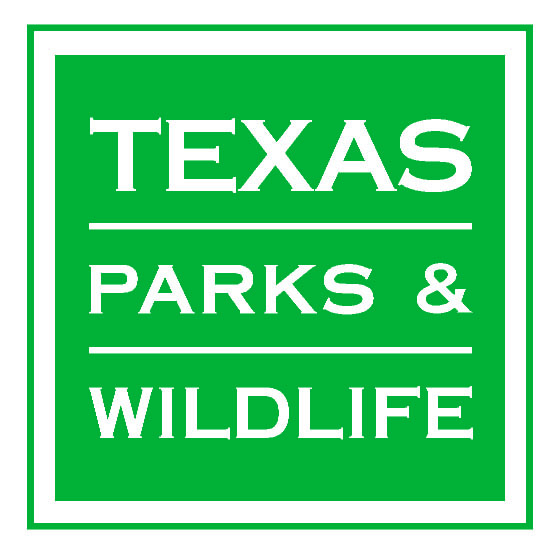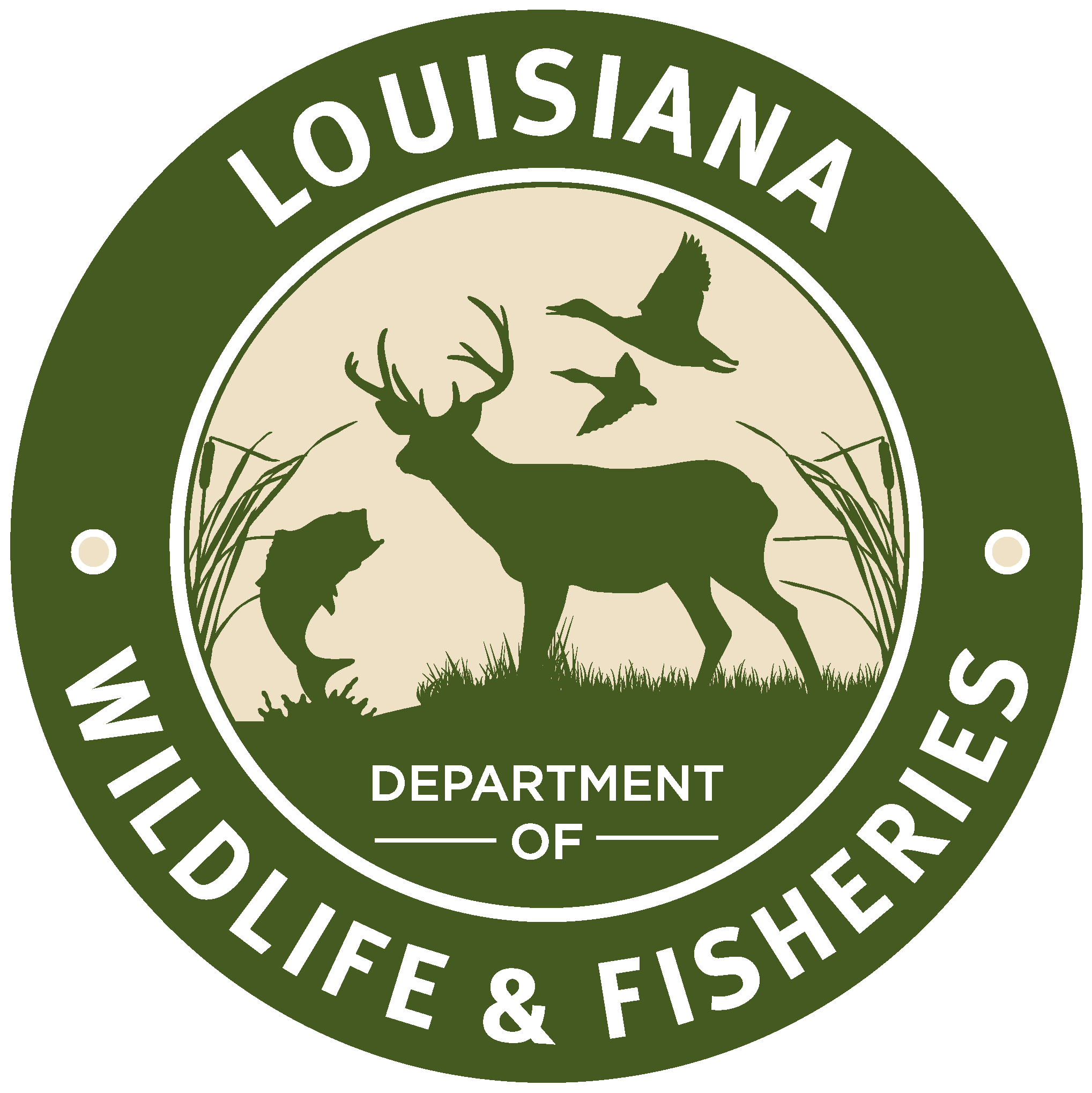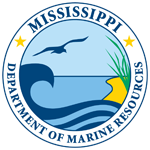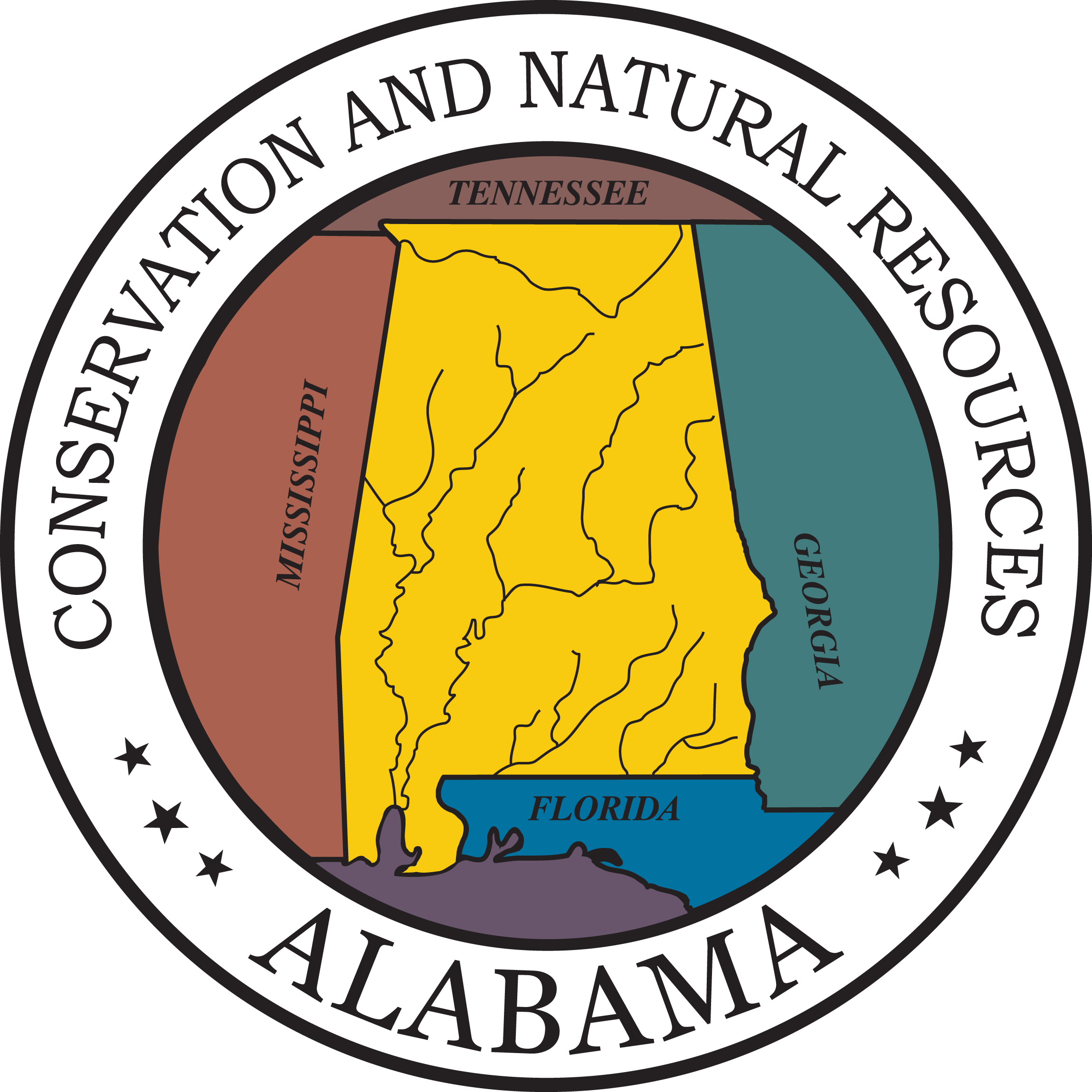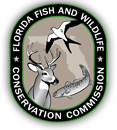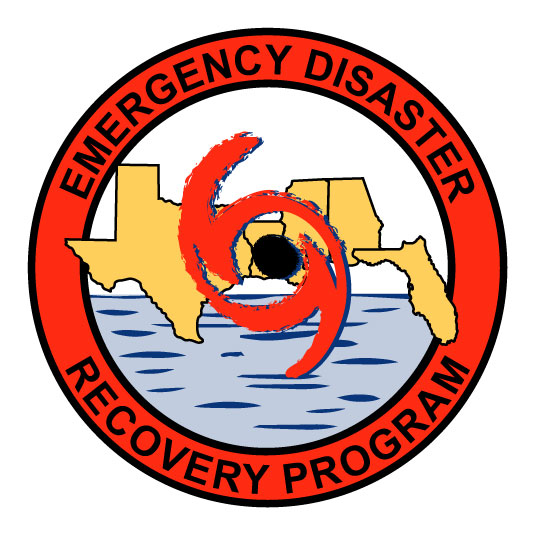
Oil Disaster Recovery Program
The Oil Disaster Recovery Program (ODRP) evolved from the receipt of $15 million dollars in October of 2010 and is aimed at improving the public perception and confidence in Gulf of Mexico seafood following the 2010 Deepwater Horizon oil disaster. Funding for this program, like that of the post Katrina recovery program (EDRP), came from the U.S. Congress following fishery disaster declarations by the U.S. Secretary of Commerce. Scheduled to be completed in September of 2015, the activities under the program are identified through an ad-hoc advisory committee consisting of the marine resource directors from each of the five Gulf of Mexico states. Under this component, multiple post disaster recovery elements have been executed to address issues relative to improving both the perception of and confidence in Gulf of Mexico seafood products. These include:
Marketing
Gulf Seafood Marketing Coalition
The Gulf Seafood Marketing Coalition represents all components of the seafood distribution
chain,
including commercial fishermen, processors, wholesalers, associations, sea grant, tourism
boards,
restaurants, retailers, chefs and charter boat sectors. The program is facilitated through a
contract with the Gulf and South Atlantic Fisheries Foundation which provides staff and
related
administrative and coordination services. The Foundation is tasked with establishing a
cohesive
vision and implementing an overarching strategy to promote Gulf Coast Seafood with the
mission of
expanding the global market share of wild seafood from the Gulf of Mexico.
Louisiana Direct Seafood
Louisiana Direct Seafood is a marketing initiative administered by the LSU Ag Center and
Louisiana
Sea Grant. Their mission is to help coastal fishermen connect directly with consumers and
build
community support for a fresh, local, product “straight from the boat”. This initiative is
also
focused on quality business practices, working with fishermen to deliver a superior,
sustainable
product that meets rigorous standards and preserves fisheries for generations to come.
Louisiana
Direct Seafood evolved from the Delcambre Direct Seafood model-a collaborative effort of the
Port
of Delcambre, LSU Ag Center and Louisiana Sea Grant.
Market Maker
MarketMaker is a national partnership of land grant institutions and State Departments of
Agriculture dedicated to the development of a comprehensive interactive database of food
industry
marketing and business information. It is currently one of the most extensive collections of
searchable food industry related data in the country. MarketMaker has been implemented in
Florida,
Alabama,
Mississippi,
Louisiana,
and Texas to provide a region-wide tool that
connects fisheries to markets. Via MarketMaker, the Gulf of Mexico seafood industry has
greater access to businesses such as grocers, restaurants and hotels where they can sell
their products.
Electronic Traceability
Gulf Seafood Trace
The objective of the voluntary Gulf Seafood Trace program is to help drive increased market
demand for Gulf of Mexico seafood by telling its unique story and ensuring confidence in the
market. Gulf Seafood Trace empowers Gulf seafood businesses by offering complimentary use of
robust full supply chain electronic traceability and marketing tools through 2014, together
with review and data analysis to confirm the validity of the information being shared by
businesses. This program is coordinated by the GSMFC in combination with Trace
Register,
GCR Inc., MRAG Americas, and Bluefin Data.
Digital Traceability for Oyster Supply
Chains
Working with Trace Register, Bluefin Data, and Pole Star Space Applications, the GSMFC studied
how using digital traceability methods in combination with the current paper-based oyster
harvest
tags could improve how the industry tracks and traces oysters throughout the supply chain.
Results
of this pilot study show that digital traceability is a viable solution for the oyster
industry's
challenges as it improves efficiencies and helps reduce risk from harvest to plate.
Sustainability
Gulf United for Lasting Fisheries (G.U.L.F.)
The Audubon Nature Institute's Gulf United for Lasting Fisheries (G.U.L.F.) is charged with
meeting
increasing demands for defining and promoting the sustainability of Gulf of Mexico Seafood.
G.U.L.F
works collaboratively with other elements of the ODRP to identify gaps in management and
harvest
practices that potentially hinder the recognition of certain species as sustainable based on
guidelines developed by the Food and Agricultural Organization of the United Nations (FAO).
Marine
Advancement Plans (MAPs) are being developed to enhance sustainable fisheries recognition
and a
web-based information system is being built to define changing levels of sustainability for
select
Gulf of Mexico species.
Gulf Fisheries Information (FINFO)
FINFO demonstrates the sustainability of
Gulf fisheries through education. A collaboration among
the GSMFC, the fisheries
management agencies from each of the five Gulf states and NOAA Fisheries,
FINFO gathers information from across the
Gulf to put credible, easy to understand, science-based
information about Gulf fisheries, both commercial and recreational, at the fingertips of
stakeholders. The site provides information about top Gulf of Mexico fisheries, ranging from
basic
facts about species biology and habitat to how the fishery operates and how each state
ensures
these operations are sustainable. Through FINFO, stakeholders can quickly review the
status of
Gulf fisheries resources or dig deeper to understand the robust science and responsible
management
at work to ensure our fisheries remain viable so people can enjoy the Gulf's world-famous
seafood
and legendary fishing for generations to come.
Gap Analysis
The gap analysis is an initiative in which the current marine fisheries management framework
across the Gulf is being examined in order to identify deficiencies between the current
management structure and the Responsible Fisheries Management guidelines as defined by the
Food
and Agricultural Organization of the United Nations (FAO). Identification of gaps and
weaknesses
in management is essential to developing Marine Advancement Plans that may be implemented to
achieve acceptable sustainable fishery ratings.
Kemp's Ridley Stock Assessment
A stock assessment was conducted for the Kemp's ridley sea turtle (Lepidochelys
kempii) in the
Gulf of Mexico. The primary objectives were to examine Kemp's ridley population status,
trends
and temporal-spatial distribution in the Gulf of Mexico, and estimate fishing mortality from
shrimp trawls and total mortality. Shrimp trawl mortality was identified in 1990 as the
greatest
threat to sea turtles at sea, and widespread utilization of turtle excluder devices (TEDs)
began
in 1990 or shortly thereafter. The assessment also considered other factors that may have
had
significant influence on the population.
Seafood Testing
Mississippi State Chemical Lab and the Alabama Department of Public Health Testing
Laboratories
This initiative was implemented in the aftermath of the oil disaster and at a time when the
need
for testing of seafood samples for PAH
and dispersants exceeded the capabilities of the FDA approved
testing laboratories to respond in a timely manner. There was also growing concern over
possible
contamination of Gulf seafood among seafood wholesalers, distributors, restaurants, and
consumers
alike. Under this program, testing equipment and training was funded for qualified
laboratories in
order to expedite testing.
Currently, testing is provided through a collaborative effort under contracts with the Mississippi State Chemical Lab and the Alabama Department of Public Health Testing Laboratories. Under these contracts approved testing equipment and training is provided to participating labs. The marine agencies of both states provide seafood samples for testing which are collected within approved chain of custody procedures on a regular basis. To date, 1,454 samples have been tested and no levels of contamination have been found to be in excess of FDA allowable limits.
